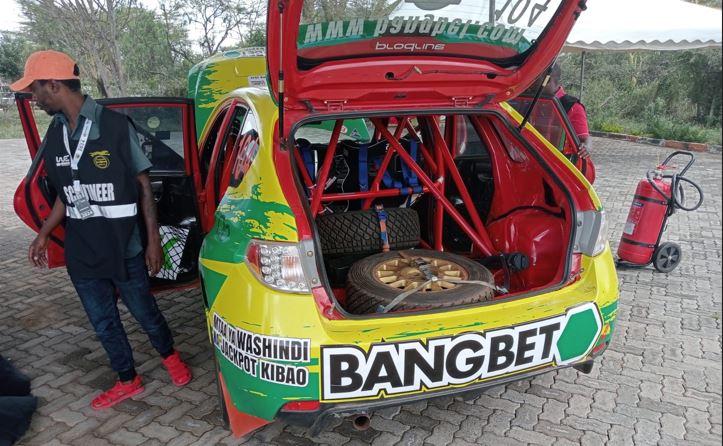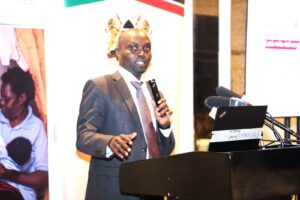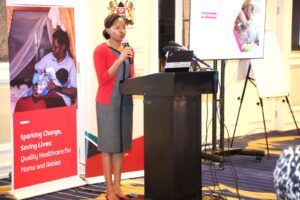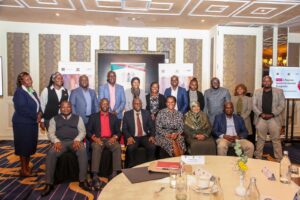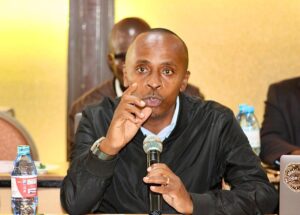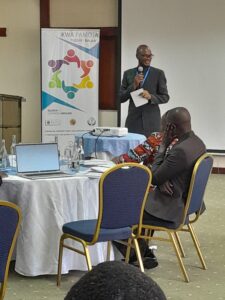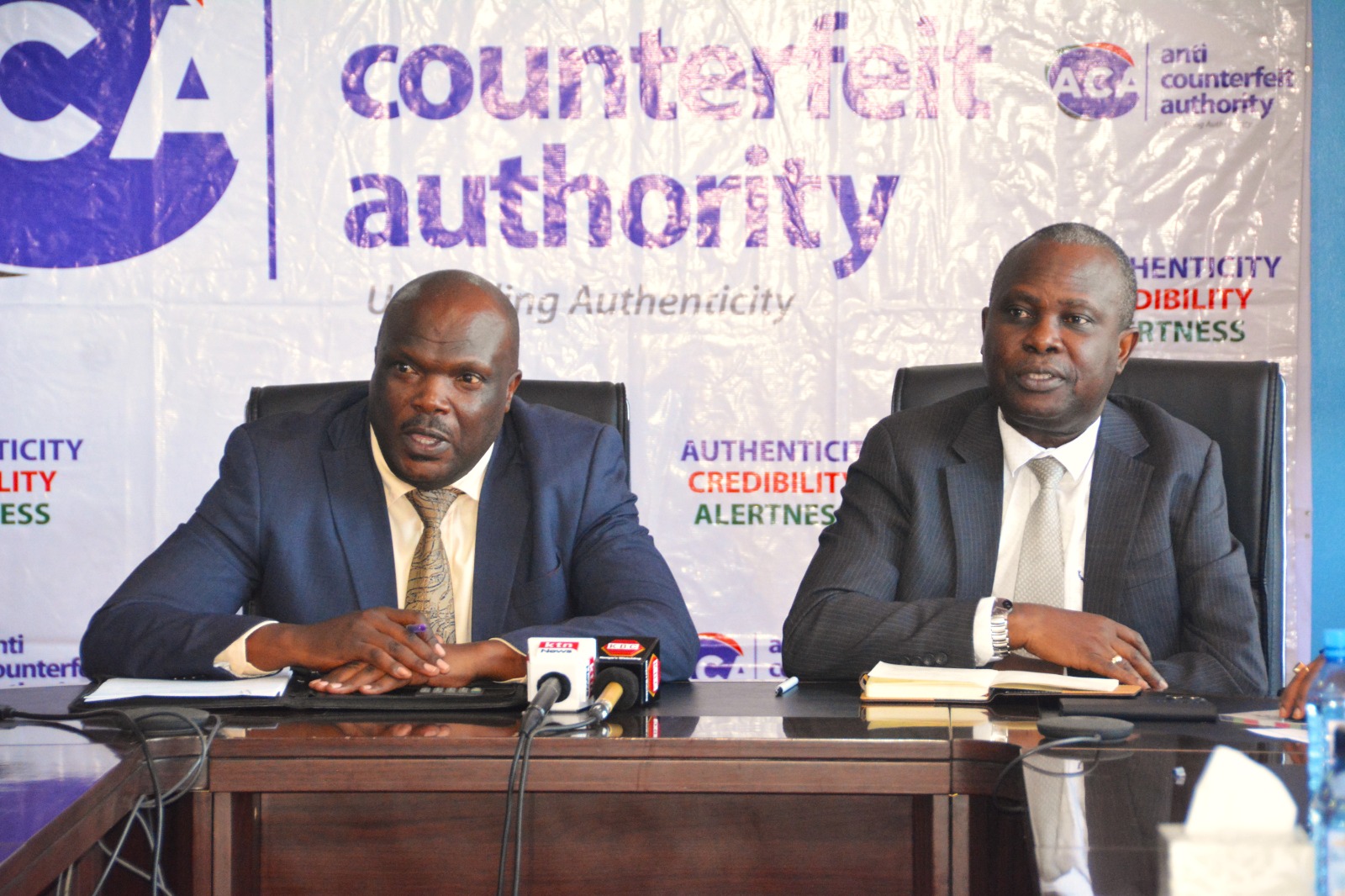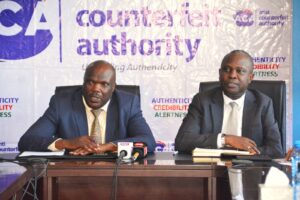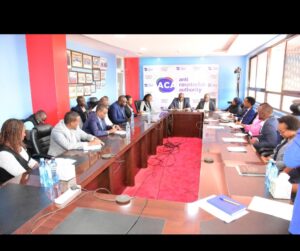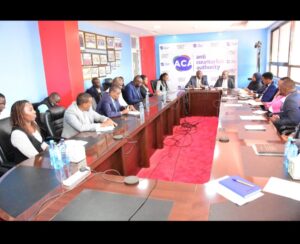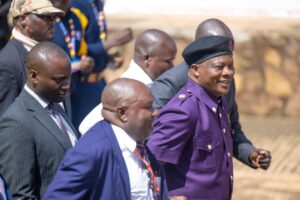
The Kenya National Private Security workers Union (KNPSWU) under the very and wise leadership of the Secretary General Dr. Isaac GM Andabwa has welcomed the move to dignify and elevate the welfare of private security officers who were earlier on demeaned, looked down upon and just referred colloquially as soldier, Omwami, askari rungu.
The General Secretary made the remarks Saturday at Uhuru park where hundreds of guards from various private security companies had turned up for the mass registration exercise.
The government has introduced a Guard Force Number (GFN) in a bid to enhance oversight and coordination within the private security sector.
The Private Security Regulatory Authority (PSRA) Chief Executive Officer Fazul Mahamed pointed out some security companies for failing to commit to raising the minimum wages of their employees to Ksh30,000. He gave them a one-week’s ultimatum to comply or else risk having their names published.
“We will not recognize any CBA below Ksh30,000. Next week, I will be publishing the names of companies that have not committed to implementing the CBA,” stated Fazul.
The contentious raise of minimum salaries of the guards dominated the agenda at the meeting with Nairobi Governor Johnson Sakaja expressing dissatisfaction with unfulfilled commitments to private security guards.
“Change is imperative. We cannot continue with business as usual. Commitments must be honored,” declared Governor Sakaja, stressing the mandatory nature of minimum wage laws.
United Democratic Alliance Secretary General Cleophas Malala, urged security group leaders to advocate for the implementation of agreements reached during the meeting.
“Our party will ensure the resolutions made here today are put into action,” Malala asserted, stressing the importance of holding companies accountable for failing to adhere to the agreements.

